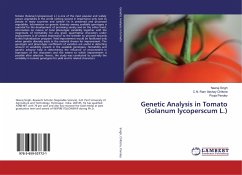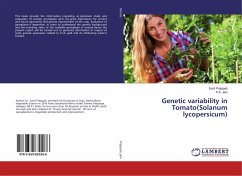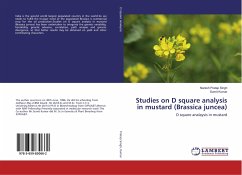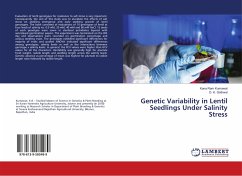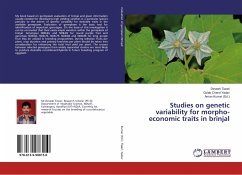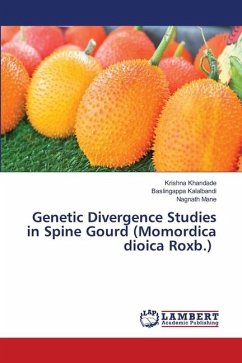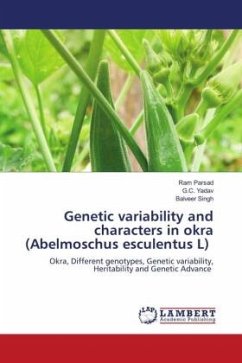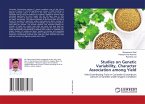Tomato (Solanum lycopersicum L.) is one of the most popular and widely grown vegetables in the world ranking second in importance only next to potato in many countries and ranked 1st in preserved and processed vegetables. Information on genetic diversity among available genotypes is essential for the development of promising variety and on the other hand, information on nature of total phenotypic variability together with the magnitude of heritability for any given quantitative characters under improvement is of utmost importance to the breeder to proceed towards fruitful hybridization program. Yield improvement would be facilitated only when genetic diversity exists in the material chosen for improvement. The genotypic and phenotypic coefficients of variation are useful in detecting amount of variability present in the available genotypes. Heritability and genetic advance help in determining the influence of environment in expression of the characters and the extent to which improvement is possible after selection. Hence, the study was conducted to quantify the variability in tomato genotypes for yield and its related characters.
